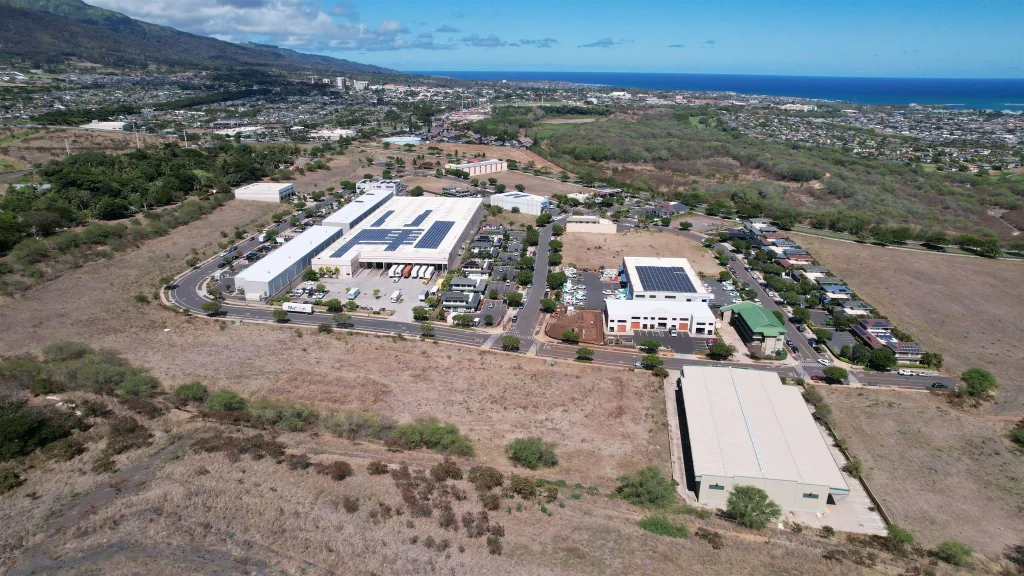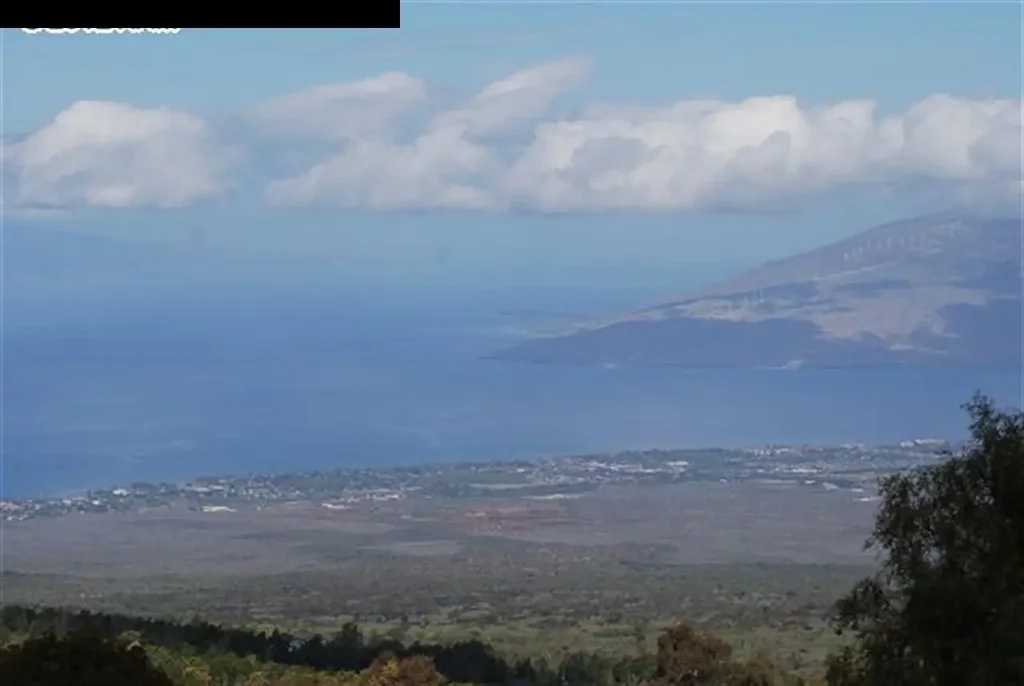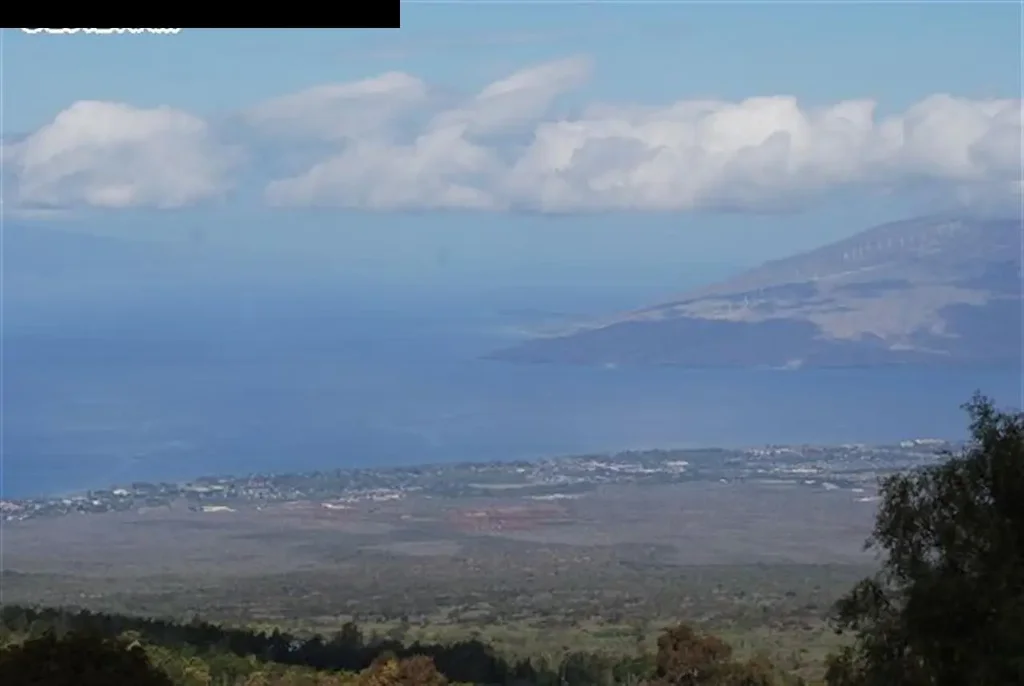Maui Real Estate Market Update: Navigating Uncertainty in Paradise
Aloha, friends. As I sit here watching another beautiful Maui sunset from the west side—the best side, as we say—I can't help but reflect on where our island's real estate market stands nearly two years after the Lahaina fires. The numbers tell a story of resilience mixed with real challenges, and as your local Maui real estate expert, I want to give you the straight truth about what's happening in our market right now.
The Numbers Don't Lie: A Market in Transition
Let's start with the hard data for the Maui Real Estate Market from July 2025, because numbers don't have political agendas—they just tell us what's really happening.
Single-Family Homes: Mixed Signals
-
60 homes sold in July - up 5.3% from June, but down 12% compared to YTD 2024
-
410 homes sold year-to-date - VS 466 in 2024
What this tells us: While July showed some strength compared to last year, the broader trend is concerning. We're seeing fewer buyers in the Maui Real Estate market overall, which creates opportunities for serious purchasers but challenges for sellers.
Condominiums: Feeling the Pressure
-
53 condos sold in July - down 20.9% from June
-
408 condos sold year-to-date - down from 563 from 2024 -35.3% from last year
The condo market is clearly softening, and there are specific reasons why that goes beyond typical market cycles.
Too stay up to date on all the market data visit www.MauiRealEstateStats.com
The Lahaina Recovery Reality Check
Here's where we need to have an honest conversation about what's really happening with recovery efforts. As someone who's been documenting this journey since day one, the reality on the ground is far different from what you might read in mainland media.
Two years later, and here's what we're seeing:
-
Not a single oceanfront home has been rebuilt
-
Not a single business has been reconstructed on Front Street
-
Many property owners can't even get permits to begin rebuilding
Think about this from a business perspective: Could you survive two years without any revenue? Four years? Because that's what these multi-generational Lahaina families are facing—families who own fee simple interest in their properties, paid their taxes, and now have to beg the government for permission to rebuild on land they legally own.
The Human Cost
I recently spoke with a gentleman whose 84-year-old mother died in the fire. After reaching out to various high-profile fundraisers and organizations, he received a total of $6,000—not even enough to cover funeral expenses. Meanwhile, we keep hearing about a $4 billion settlement that fire survivors haven't seen a penny of yet.
According to University of Hawaii studies, half of the fire survivors have permanently left the island. Of those who remain, only 30% are receiving any assistance, leaving 70% completely on their own in an economy that was already challenging before the fires.
The STR Ban: A Policy That Won't Solve What It Promises
Now, let's talk about the elephant in the room - Apartment Zoned Maui Vacation Rentals the target for the proposed repeal of the Minatoya Decision and the apartment-zoned short-term rental ban. I understand the emotional appeal of this policy, especially after the tragedy of the Lahaina fires. The stated goal is noble: create more affordable housing for fire victims and local residents. But as someone who deals with real estate economics daily and has watched this debate unfold, I need to share some hard truths about why this approach won't achieve its intended goals.
The Economic Reality Check
A 2022 economic impact study by Paul Brewbaker, Senior VP and Chief Economist at Bank of Hawaii, analyzed what removing these 7,000 Minatoya-listed units would actually mean for Maui:
-
$2.74 billion decrease in Maui County economic output
-
14,000 jobs destroyed on an island of 165,000 people (where only 130,000 are working age)
-
$137 million loss in state tax revenue for Maui
-
$747 million decline in island-wide earnings
Think about that: we're talking about eliminating roughly 1 in 9 jobs on our island. And for what? Even if these 7,000 units were suddenly available for sale at half their current market value, they still wouldn't be affordable for the average Maui resident. These condos come with expensive maintenance fees, insurance costs, and ownership responsibilities that put them out of reach for most local families.
The Enforcement Contradiction
Here's something that should concern everyone: Maui County has already proven incapable of enforcing current STR regulations. They've publicly acknowledged their failures and essentially handed enforcement over to Airbnb—a company that profits from these bookings. A recent audit showed the County failed to properly collect $16.7 million in Maui County Transient Accommodations Tax.
If they can't enforce existing laws on illegal STRs, how exactly will they implement a ban on 7,000 legal ones?
Who Really Benefits?
The uncomfortable truth is that the biggest winners from this STR ban wouldn't be residents or fire survivors—it would be the hotel industry. Without STR competition, hotels can increase occupancy rates and raise prices. The difference? STR profits largely stay in Hawaii through local ownership, while hotel profits predominantly flow back to mainland corporations.
The Fire Recovery Connection
After the Lahaina fires, when FEMA and Governor Green needed approximately 3,000 rental units for displaced residents, where did they turn? To these same STR owners, now facing a ban. Many Minatoya-listed property owners opened their condos to fire victims, helping achieve the state's housing goals.
The irony is stark: the very properties that helped house fire survivors are now being targeted for elimination in the name of helping fire survivors.
Missing the Mark on Affordable Housing
The real issue isn't the 7,000 legal STRs on the Minatoya list—it's the estimated 9,000 illegal STRs operating without permits across the island. A targeted enforcement effort against unlawful operators would be far more effective and wouldn't require destroying property rights or economic output.
But instead of taking the more practical approach, we're headed toward what one economist called "charging forward blindly" into economic disruption that won't solve the housing crisis but will create new problems for everyone on the island.
Market Implications: What This Means for You
For Buyers
This is increasingly a buyer's market. With fewer transactions overall and sellers facing longer market times, you have:
-
More negotiating power on price and terms
-
Better selection of properties
-
Opportunities for concessions like seller-paid closing costs
-
Less competition from other buyers
Single-family homes: Despite July's year-over-year improvement, the 27.5% YTD decline means inventory is building and sellers are becoming more motivated.
Condominiums: The 20.9% month-over-month drop in July sales signals significant softening. If you're looking for investment opportunities or a second home, motivated sellers are creating real opportunities.
For Sellers
The market has clearly shifted, and successful sellers are adapting by:
-
Pricing realistically from day one
-
Ensuring properties are turnkey and show-ready
-
Being prepared for more extended marketing periods
-
Considering buyer concessions to close deals
For condo owners, especially: If your property is in a vacation rental complex, factor the upcoming STR restrictions into your pricing strategy. Some buyers may be hesitant about the potential for future rental income. So they key for a smart investment is to focus on Hotel Zoned Condos since they will not likely ever be banned, yet they have seen sharp declines in value. Hidden value for sure!
Looking Forward: What Needs to Happen
From my perspective, having watched this situation unfold for two years, here's what I believe needs to happen for real recovery:
-
Federal Investigation: We need answers about what happened on August 8, 2023. Why was there no water when that first house caught fire? These aren't conspiracy theories—these are legitimate questions that deserve answers.
-
Streamlined Permitting: Property owners who lost everything shouldn't have to navigate years of red tape to rebuild on land they legally own.
-
Economic Reality Check: Policies that discourage tourism while offering no realistic alternatives for financial recovery aren't helping anyone.
-
Transparency in Aid Distribution: Fire survivors deserve to know which organizations received donations and how the funds were distributed.
The Bottom Line
Maui's real estate market is experiencing the effects of policy uncertainty, economic disruption, and the ongoing challenges of recovery. The July numbers show both opportunities and challenges, depending on your position in the market.
For buyers, this environment offers real advantages if you're prepared to act decisively. For sellers, success requires realistic expectations and strategic pricing.
But beyond the market mechanics, we're dealing with a community that's still healing, still fighting for answers, and still working toward genuine recovery. As real estate professionals, our job isn't just to facilitate transactions—it's to help our community navigate these challenging times with integrity and aloha.
Whether you're thinking about buying (join the MauiBuyersClub.com for a copy of our free Guide)
Or selling (See our MauiSellersGuide.com ), or just want to understand what's happening in our island home, I'm here to provide honest insights based on real data and boots-on-the-ground experience.
The west side is still the best, and Maui no ka oi—Maui is (still) the best. But we've got work to do, and it starts with having honest conversations about where we are and where we need to go.
For personalized market analysis or to discuss your specific real estate needs, contact Eric West at Hawaii Real Estate. Whether you're a long-time resident, fire survivor, or someone considering making Maui home, we're here to help you navigate these complex times with expert guidance and genuine aloha.
Ready to explore Maui real estate opportunities? Let's talk about how current market conditions might work in your favor.
"Realtor with Integrity and Aloha" Mahalo nui to Eric West and his hardworking team for helping us buy our very first home! We were longtime renters and like most Hawai‘i residents, the dream of home ownership seemed impossible, especially in this incredibly competitive market. We are so glad that we found Eric. He is friendly, honest and knowledgeable. Eric personally toured each property we were interested in, recording detailed videos and gave us his honest recommendations on each place as we were off-island working abroad at the time. He found us the absolute best people in real estate to work with and thank goodness that he did. His team helped us overcome the various obstacles and challenges in the process and we were elated when we finally closed on our house. I can honestly say that without Eric, we would not be homeowners today. If you are looking for a realtor with integrity and aloha, we recommend Eric West.
Here are the newest listing fresh out the oven in the Maui Real Estate Market
Maui Real Estate Homes, Condos and Land For Sale
Posted by Start An Offer on






Leave A Comment